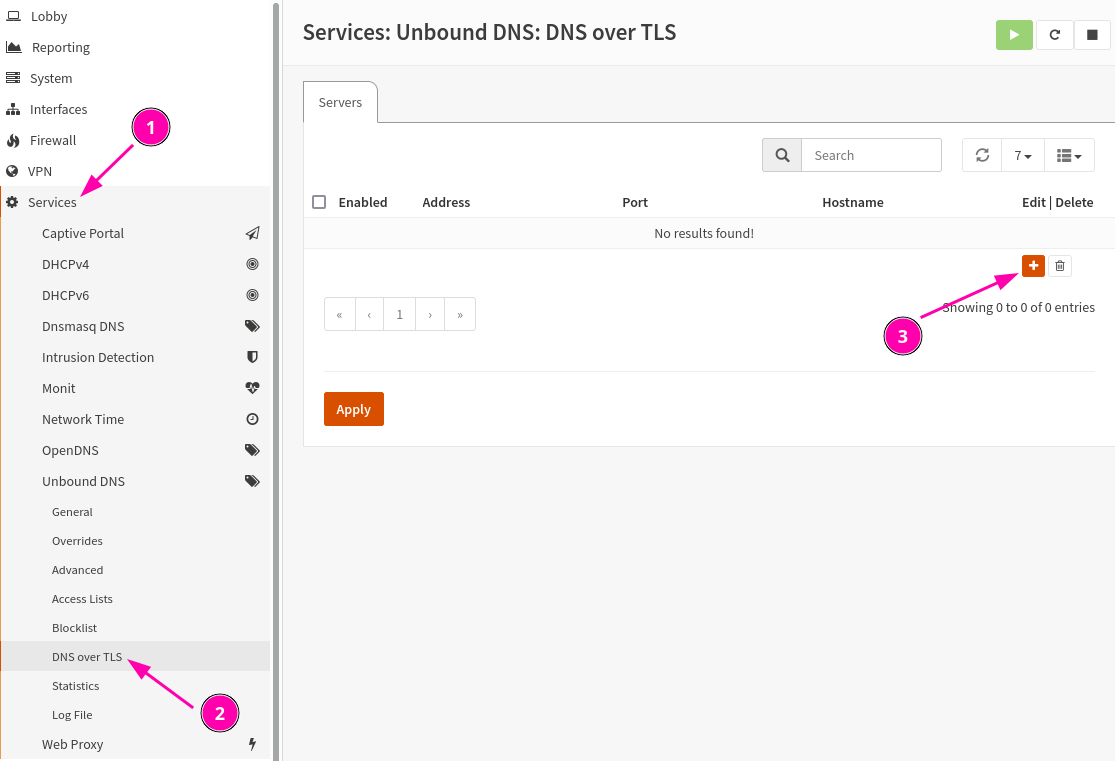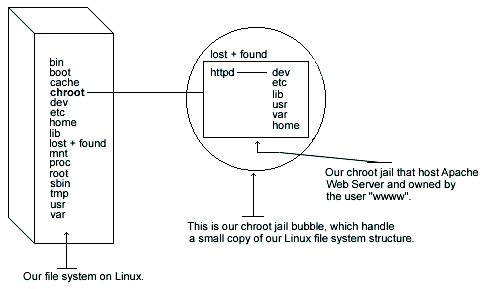
A certificate authority is a trusted third-party that issues digital certifications. These certificates can also be used for online verification of identity. These certificates are essential to encrypting all data sent over an Internet connection.
What is a Certificate Authority?
A CA is any company or organization authorized by the browser to issue SSL/TLS, and other certificates. The CAs also undergo an annual audit by third parties, to ensure compliance with the defined policies for validation and issuance of certificates.
How do certificate authorities increase public trust?
CAs have a primary goal to increase trust among the public by enhancing a website's reputation. The certificate authority, just like the DMV, vouchs for an organization's credibility by digitally signing certifications that prove its legitimacy.

What is Certificate Authority Chains (CACs)?
In cybersecurity the certificate chain is made up of one or several intermediate certificates which connect the end-users to the root CA. This chain of certificate is important for the security and privacy of internet connections. It protects from spoofing attacks that pretend to look like a legit web site or service in order to steal data.
In order to ensure the security of internet connections, it is important that you can verify an organization's validity. This is done through a domain validation process, which includes a number of verification steps.
What are the differences between a CA and a CERT?
A certificate agency is an organization which issues certificates and manages credentials, public keys and public keys for data encryption. Its primary role is to provide a unique certificate that enables efficient identity authentication for the end-user.
What is the difference in a certificate authority that issues certificates for public or private?
A public certificate authority (PCA) is an organization trusted by all browsers and recognized as independent. It is responsible for ensuring websites that it issues certificates for meet the Baseline Standards set by CA/B Forum, an independent consortium of browsers.

What are the differences in ssl certificates authority and trusted certificate authorities?
A ssl certification authority is an entity that issues TLS/SSL to websites to protect their users. They do this by providing a cryptographic layer to the communication between their servers and your browser that prevents eavesdropping, man-in-the-middle attacks, and data theft from unauthorized parties.
What is a CERT?
A Certificate Authority is an independent third party trusted to issue certificates, manage public keys and credentials used for data encryption. Its main responsibility is to ensure that the end-user get a unique certificate for efficient identity authentication.
Why is a Certificate Authority so valuable?
They are critical to the security of the Internet and provide an essential stumbling block for hackers. In the absence of these certificates, it would not be possible to authenticate websites to third parties and to verify their authenticity for email clients or operating systems. They are also key players in maintaining public key infrastructure and Internet security as a whole.
FAQ
What is a static web site?
A static website contains all content stored on a server that visitors can access via web browsers.
The term "static", as it is sometimes called, refers not to dynamic features such changing images, videos, animations, etc.
This type of site was originally developed for use in corporate intranets but has since been adopted by individuals and small businesses who want simple websites without the complexity of custom programming.
Because they are easier to maintain, static sites have been growing in popularity. It's easier to update and maintain static sites than a website that has many components (such blogs).
They also load more quickly than dynamic counterparts. They are ideal for mobile users and those with slow Internet connections.
A static website is more secure than its dynamic counterparts. A static website is impossible to hack. Hackers have limited access to data within a database.
There are two main methods to create static websites:
-
Using a Content Management System (CMS)
-
Static HTML Website Creation
It depends on what your needs are. A CMS is my recommendation if your first website was created.
Why? Because you have complete control over your website. You don't even need to hire someone for help setting up your CMS. Upload files to the web server.
You can still learn how to code and create a static website. You'll have to invest time learning how programming works.
How much do web developers make?
Working on a website yourself will likely earn you between $60 and $80 an hour. If you are looking to make more money, it is worth considering becoming an independent contractor. You could potentially charge anywhere from $150-200 per hour.
How much does a website cost?
This question will depend on your goals for your website. Google Sites might be free if your website is limited to information about you or your company.
However, if visitors are serious about coming to your site, they will be willing to pay more.
The most common solution is to use Content Management Systems (like WordPress). These programs let you create a website with no programming skills. And because third-party companies host these sites, you won't need to worry about getting hacked.
Squarespace offers a great way to build your website. You can choose from a range of plans, ranging in price from $5 to $100 per monthly depending on what you need.
Statistics
- It enables you to sell your music directly on your website and keep 100% of the profits. (wix.com)
- It's estimated that in 2022, over 2.14 billion people will purchase goods and services online. (wix.com)
- At this point, it's important to note that just because a web trend is current, it doesn't mean it's necessarily right for you.48% of people cite design as the most important factor of a website, (websitebuilderexpert.com)
- Is your web design optimized for mobile? Over 50% of internet users browse websites using a mobile device. (wix.com)
- Studies show that 77% of satisfied customers will recommend your business or service to a friend after having a positive experience. (wix.com)
External Links
How To
What is Website Hosting?
Website hosting is the place where visitors go to visit a website. There are two types.
-
The cheapest option is shared hosting. Your website files reside in a server managed by another company. Customers visit your website and send their requests over the Internet to this server. You then receive the request from the owner of the server.
-
Dedicated hosting is the most expensive option. Your website will reside on a single server. Your traffic stays private as no other websites can share the same server.
Most businesses choose shared hosting because it's less expensive than dedicated hosting. The company hosting the server will provide the resources necessary to manage your website.
There are pros and disadvantages to each option. Here are the differences:
Shared Hosting Pros
-
Lower Cost
-
Easy to Set Up
-
Frequent Updates
-
It is available on many Web Hosting Companies
Shared hosting can often cost as little as $10/month. However, this price typically includes bandwidth. Bandwidth describes the amount of data that can be transferred over the Internet. Even if only you upload photos to your blog or website, high-volume data transfers may incur additional charges.
You will quickly see why you paid so much for your former host once you have started. Most shared hosts have very poor customer support. Although they will help you set up your site occasionally, you are on your own once you have done that.
You'll want to look into a provider that offers 24-hour phone support. They will take care of any issues while you sleep.
Cons of dedicated hosting
-
More Expensive
-
Less common
-
Specific Skills Required
With dedicated hosting, you get everything you need to run your website. You won’t need to worry whether you have enough bandwidth or enough RAM (random address memory).
This means you will need to spend more upfront. But once your online business starts, you'll realize you don't need any technical assistance. You'll become an expert at managing your servers.
So Which Is Better For My Business?
This depends on the kind of website that you want. Shared hosting is best for those who only need to sell products. It's simple to set it up and keep it updated. A server shared with several other sites means that you will receive frequent updates.
If you are looking to create a community around your brand, dedicated hosting is the best option. You can focus on building your brand without worrying about handling your traffic.
Bluehost.com is the best web host for both. They offer unlimited data transfers per month, 24/7 support and free domain registration.